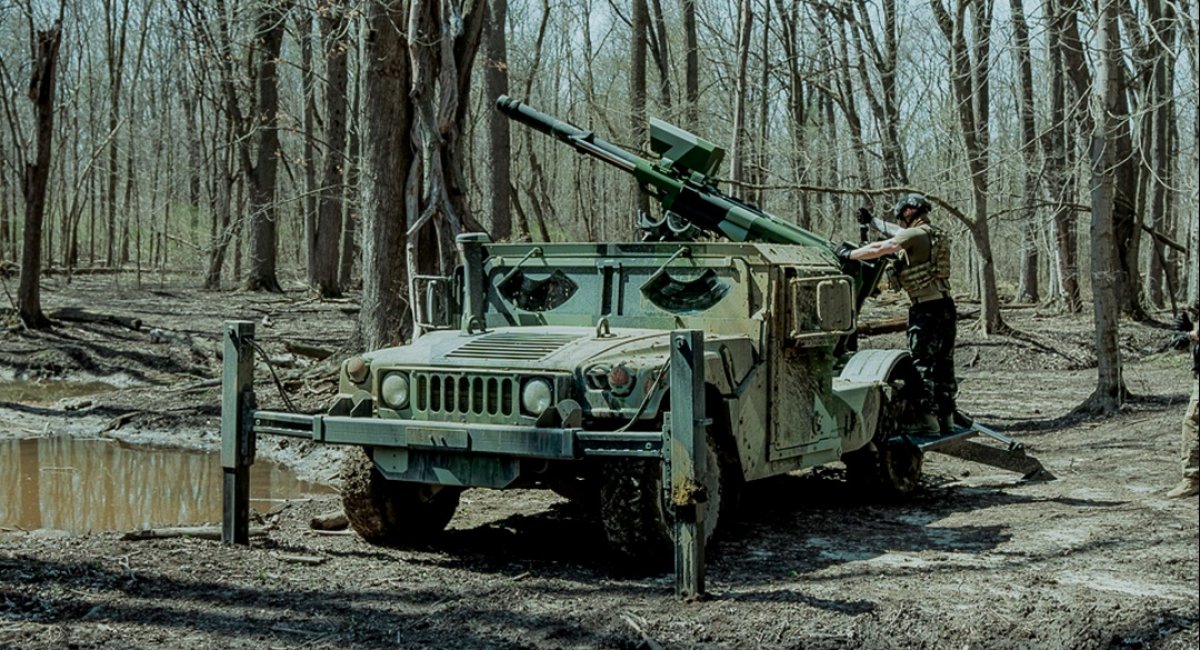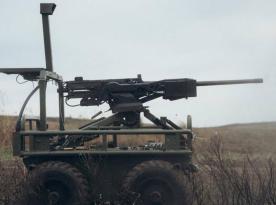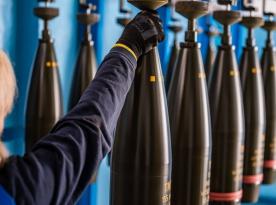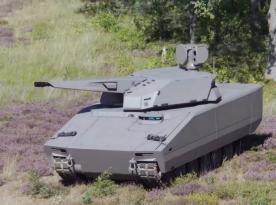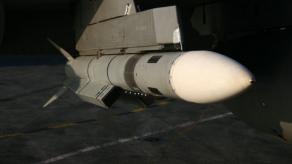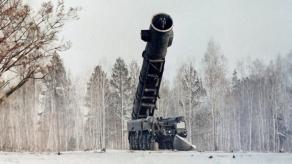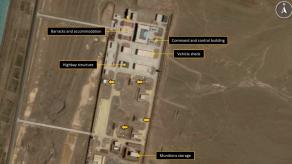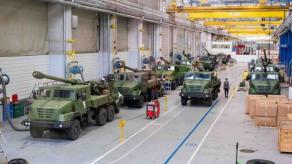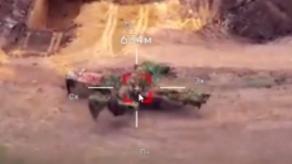American company AM General in April 2024 secretly delivered a prototype of its new 2-CT Hawkeye Mobile Howitzer System, a 105mm light self-propelled artillery system, to the Armed Forces of Ukraine. The transfer was disclosed a few months later, in June, by AM General Program Director Mike Evans but he held back from elaborating any further.
On Friday, September 13th, the first visual evidence surfaced: a photo showing the 2-CT Hawkeye MHS being tested by the Ukrainian military, published by the TyskNIP community on Telegram. The time and place depicted in the image are not specified; it was most likely made months ago in spring, considering the weather, the post authors note. More photos that appear to be made in Ukraine were soon noticed on AM General's website as well.
Read more: Ukrainian Forces Testing 2-CT Hawkeye Experimental Lightweight Howitzer on Frontlines: Even the U.S. Army Has None
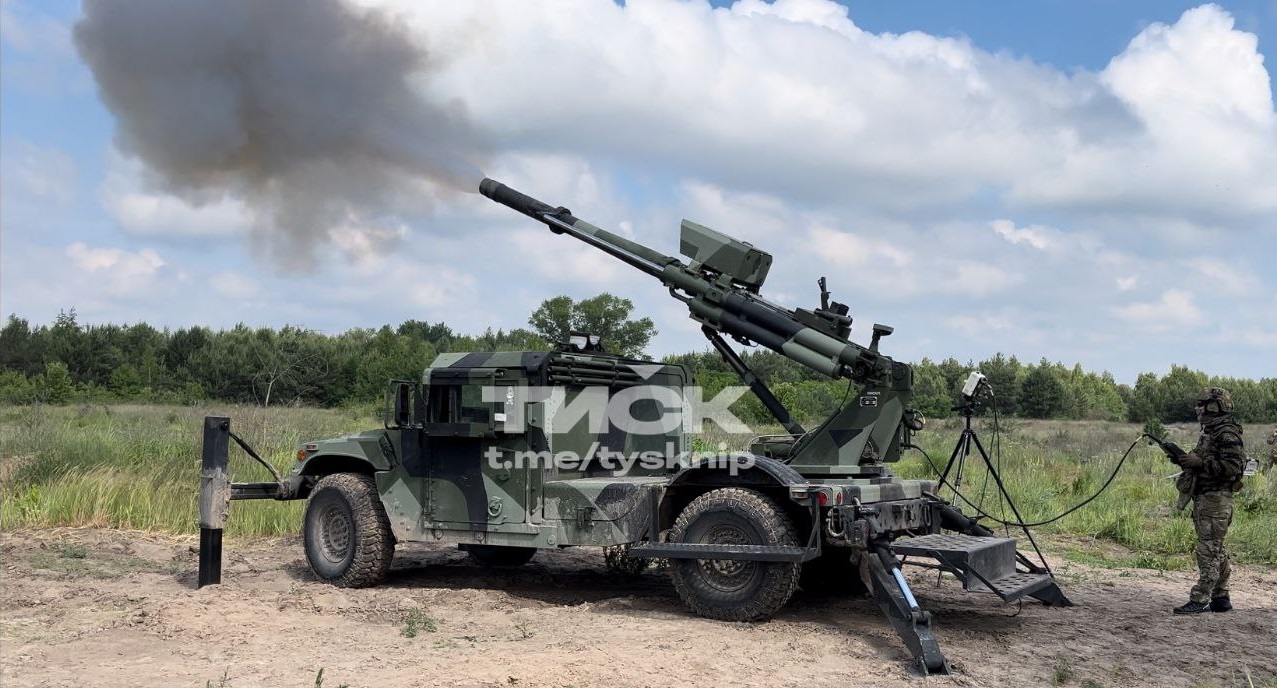
The first and foremost thing to know about the 2-CT Hawkeye MHS is that it's still an experimental weapon, it is yet to enter mass production, with only a few test articles produced, two of them handed to the U.S. Army.
Notably, this mobile howitzer system has been in development since at least 2016, some sources suggest it started as early as 2011. That makes it quite a lengthy project, possibly due to the lack of interest in this concept. The performance results Hawkeye shows on Ukrainian battlefields may prove critical for the Pentagon's final decision on the vehicle.
From a technical standpoint, Hawkeye is an AM General Humvee 2-CT optimized as a chassis for an M20 artillery gun. With a gross vehicle weight of 6,395 kg, the vehicle is positioned by the manufacturer as "the lightest weight, most highly maneuverable self-propelled howitzer in the world today." Importantly, though, the artillery system consists of two vehicles: one holds the gun, and the other carries ammunition and two of the crew members.
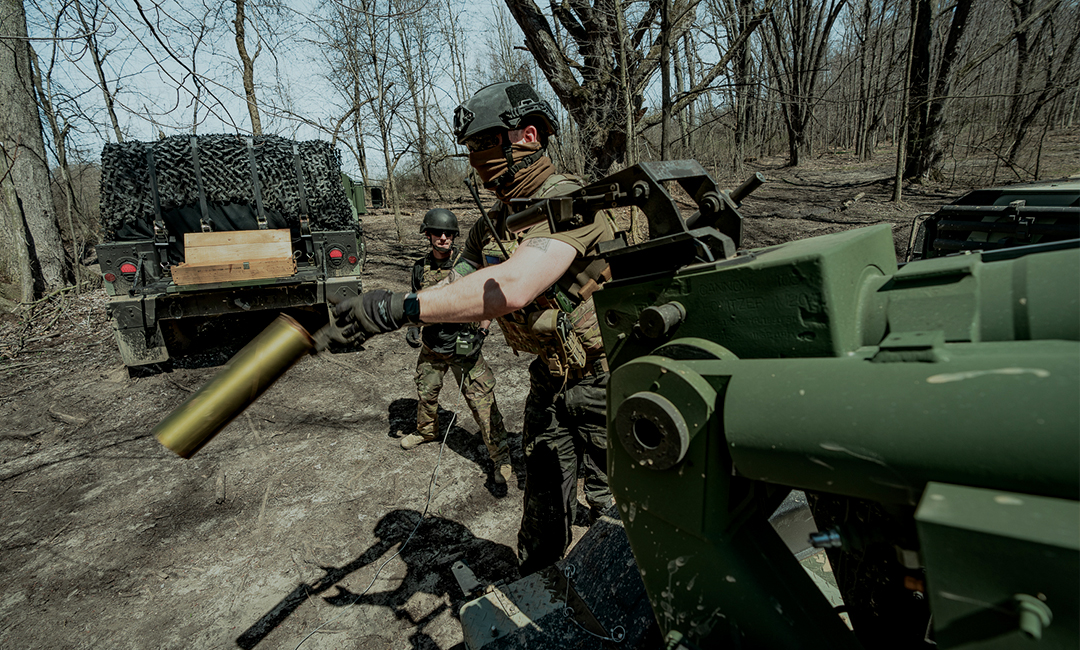
To make the HMMWV chassis stable enough to withstand shots from the M20 howitzer, the Soft Recoil Technology was implemented: otherwise, the chassis and artillery system would simply fall apart.
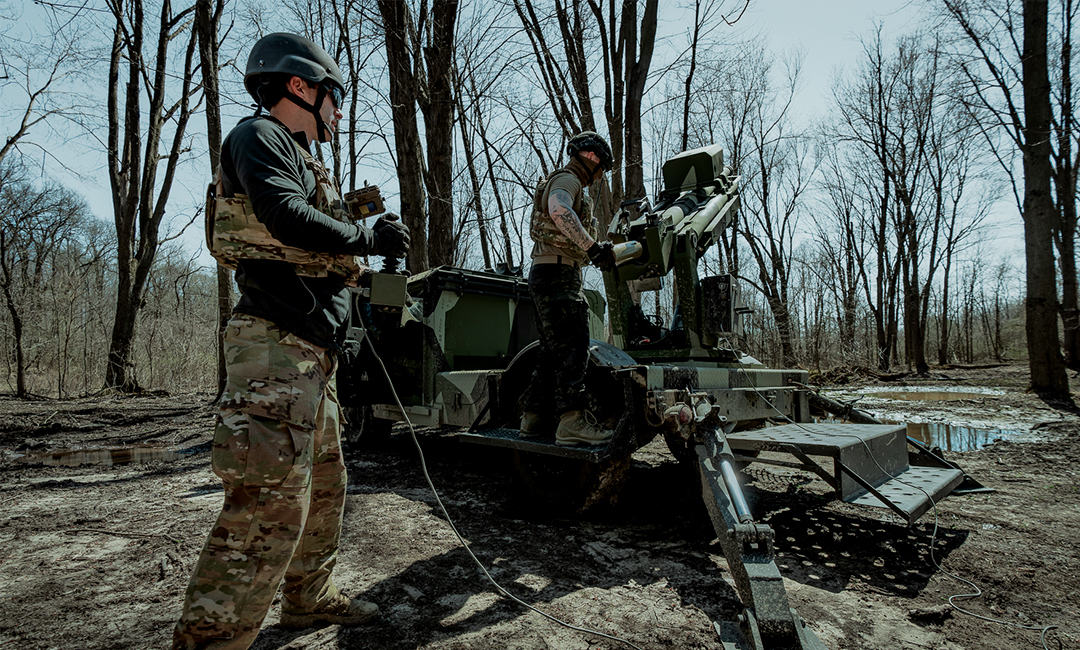
The gun supports 105-millimeter ammunition, including the M1 and M1130A1 high-explosive fragmentation projectiles, the M913 rocket-assisted ones, the M314 illumination rounds, and the M60/M60A2 smoke screens. The barrel, produced by Mandus Group, is 27 calibers long, boasting a firing range of 11.6 km with ordinary ammunition, and up to 19.5 km by using rocket-assisted projectiles.
The weapon starts firing at the maximum rate of 8 rounds per minute, in the initial burst lasting three minutes, then slows down to 3 rpm. It takes 1.5 minutes from the moment the vehicle stops to prepare the artillery system for firing, and three minutes after the last shot to leave the spot.
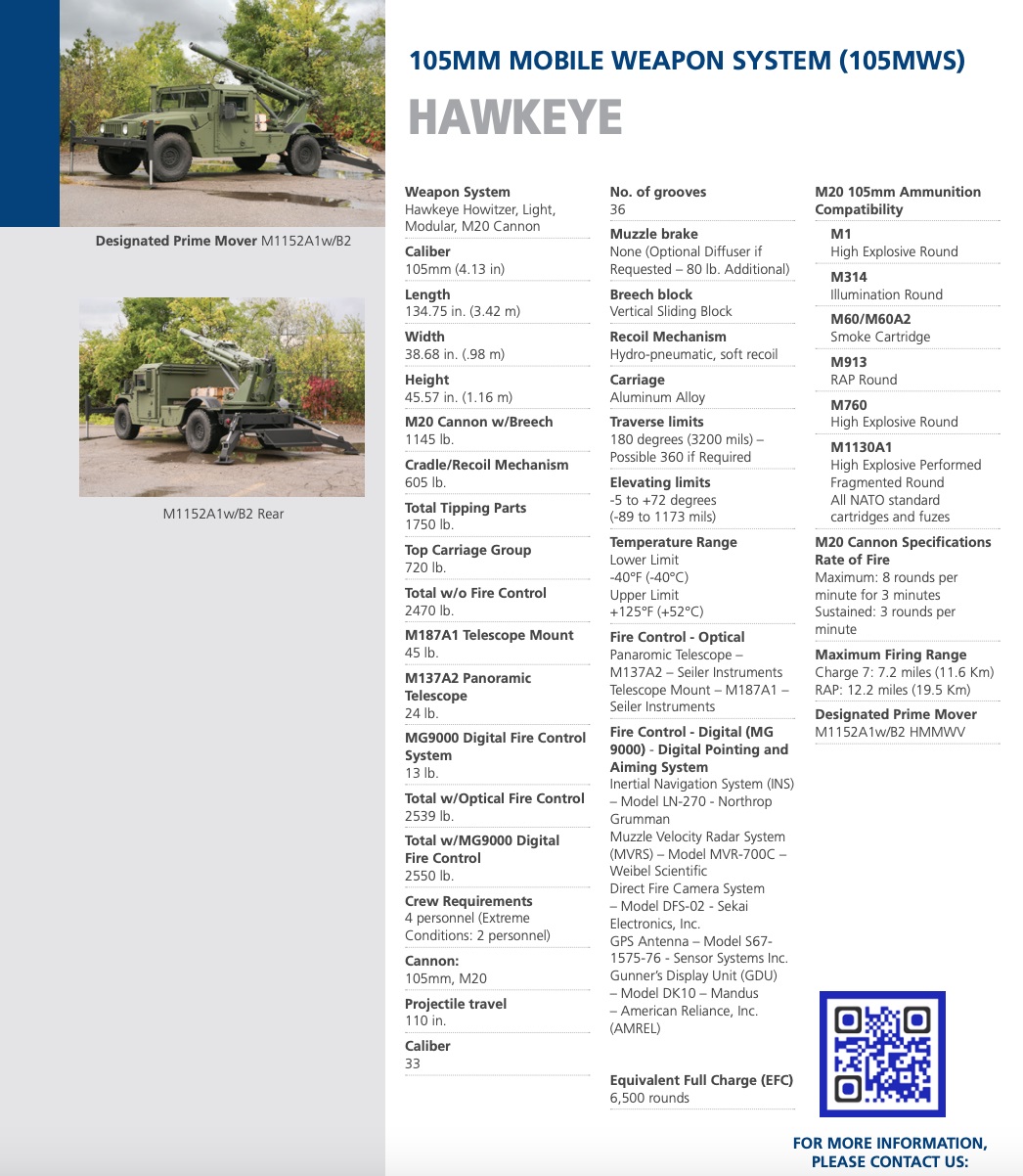
Read more: 2S1 Gvozdika in Polish Camo Spotted in Service With Ukrainian Forces: It Seems Soviet Artillery is Still Easier to Find on Sale



